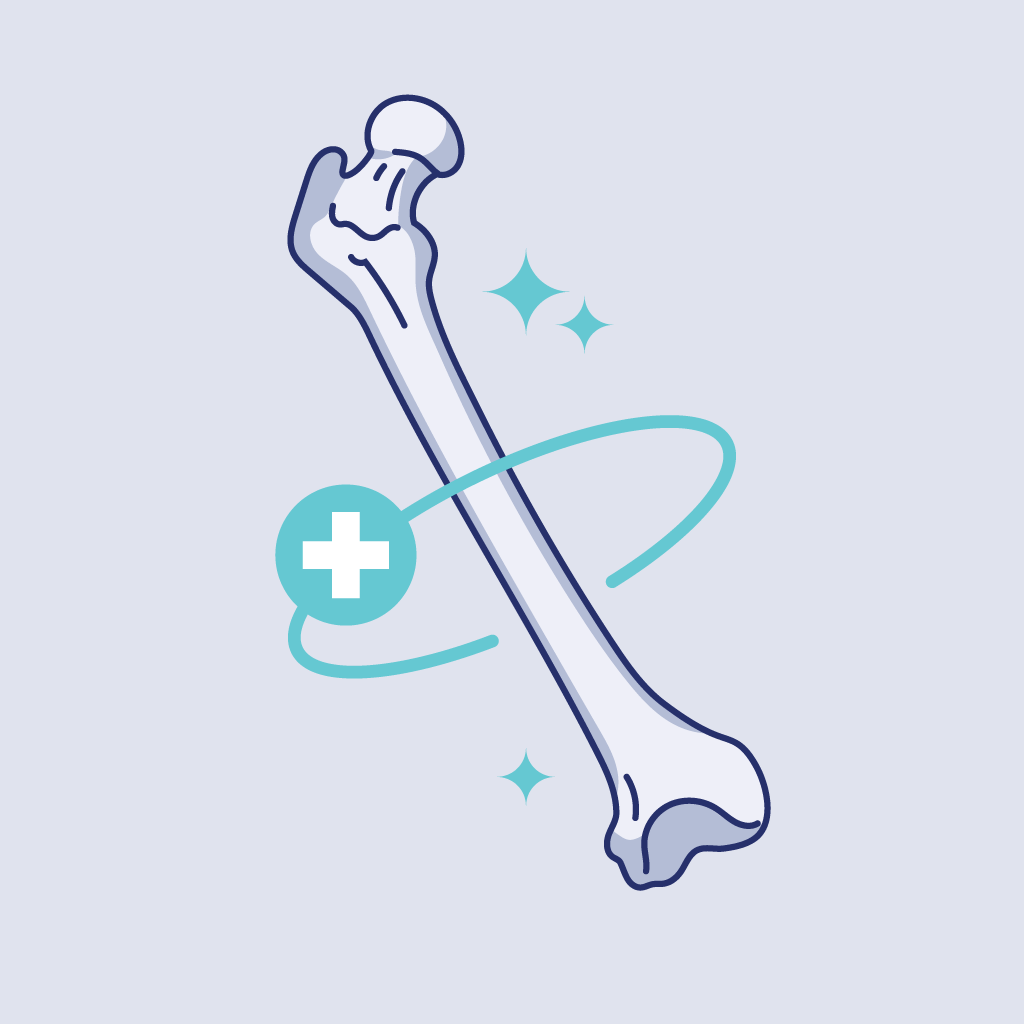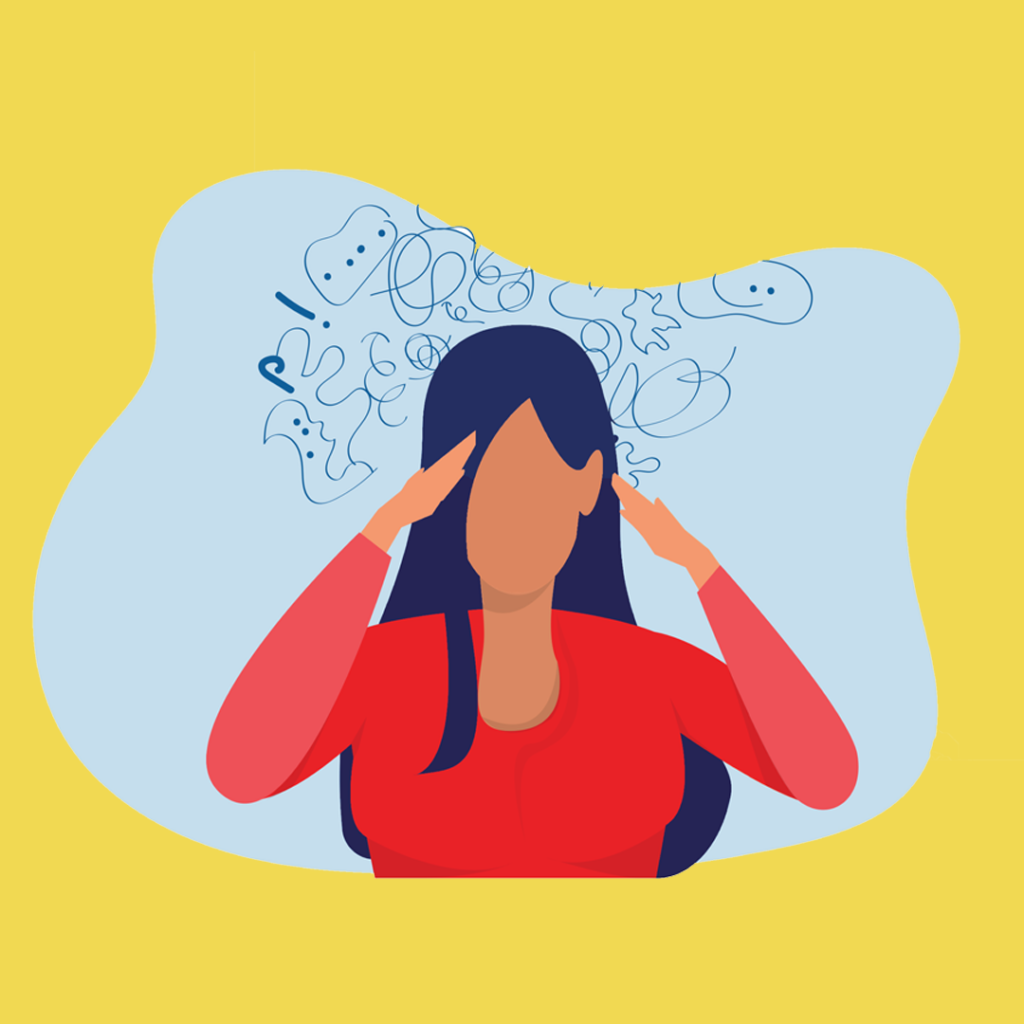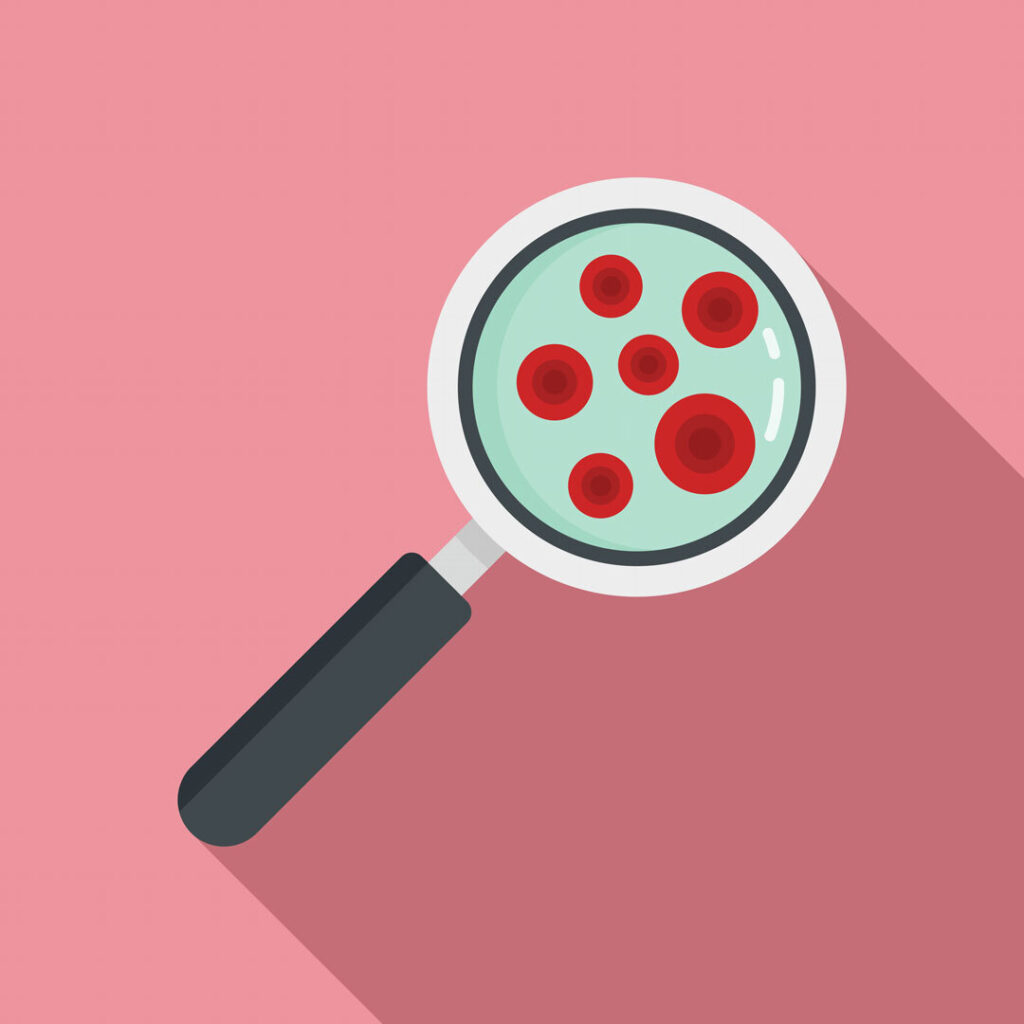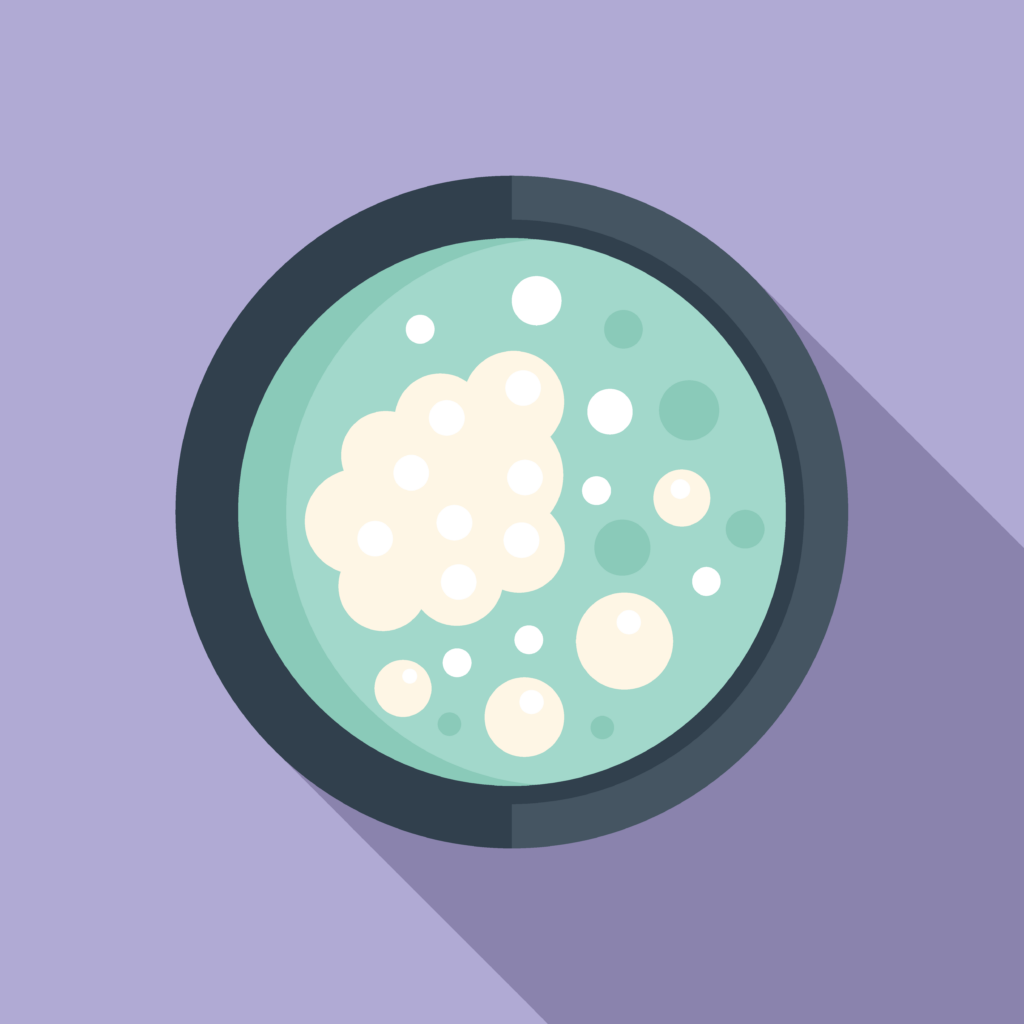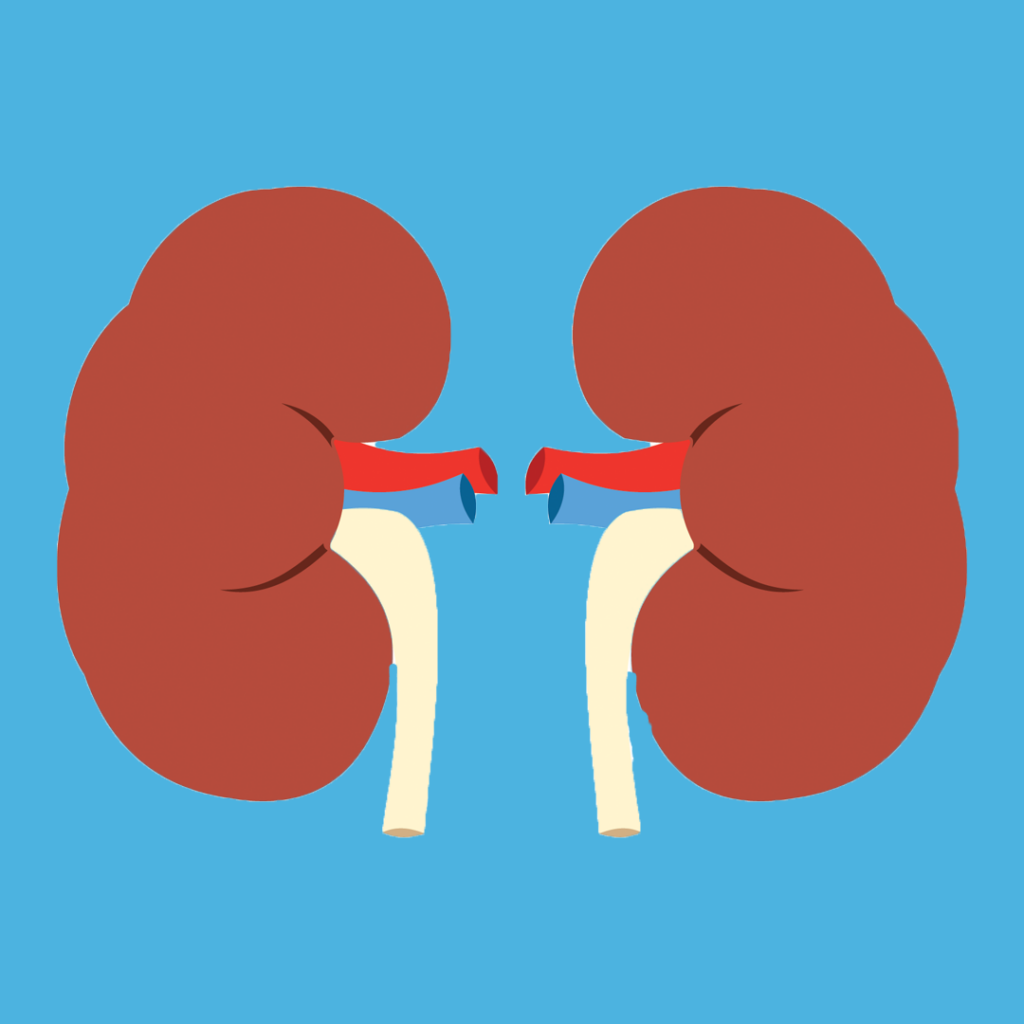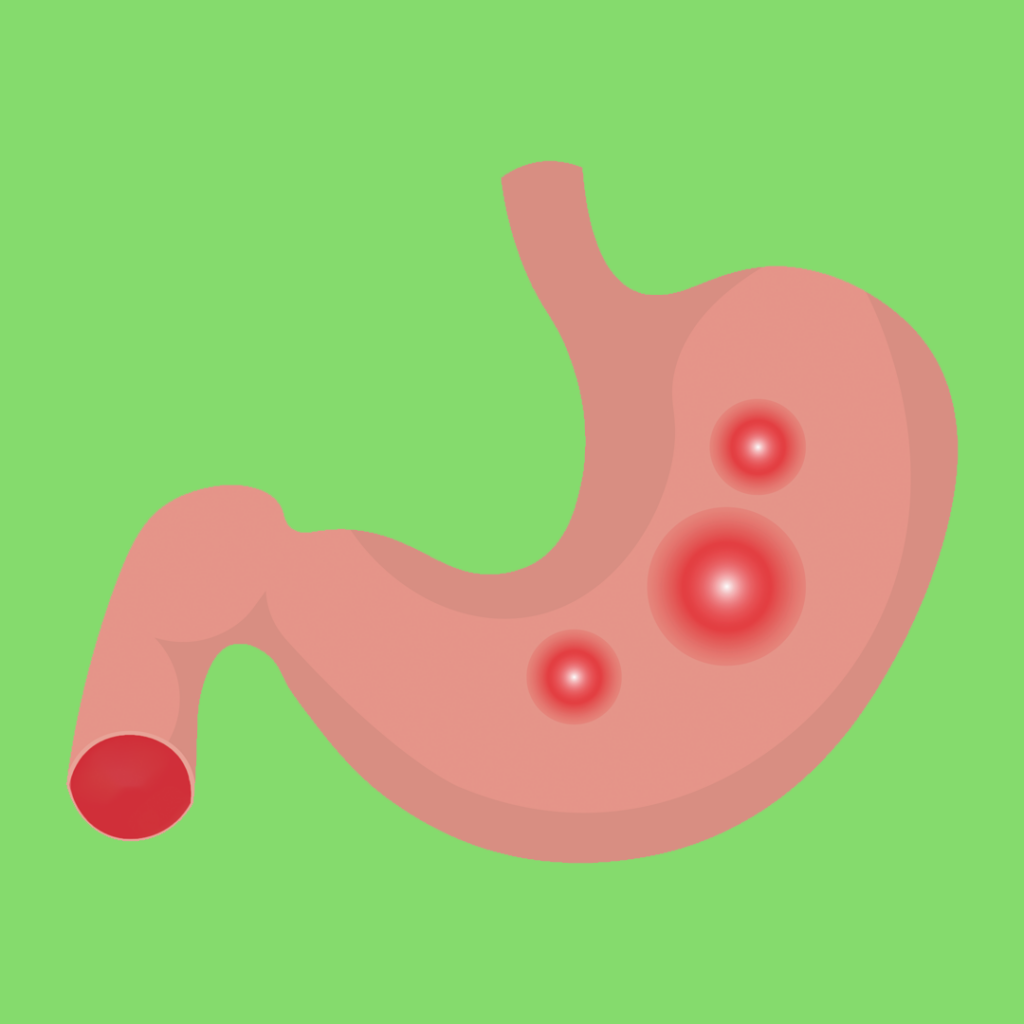Why zinc deficiency can cause hair loss

Questions answered in this article:
Hair cells are one of the fastest growing cells in our bodies - our hair needs energy and nutrients to keep up with their activity and growth. In addition to its role in over 300 enzymatic reactions in the body, zinc is an essential mineral for the growth of healthy hair. Did you know: an increase in hair shredding can be a sign of zinc deficiency.
Why does hair loss occur?
Stress
Emotional and physical stress is highly associated with increased hair loss. Have you noticed a difference in the amount of hair you shed when you are feeling more overwhelmed, busy and stressed? Hair is not necessary for survival, so it is one of the first things to suffer when your body enters a state of "fight or flight". Since your hair grows in a 6-12 week cycle, you might not notice hair thinning or hair loss right away. It can occur up to 12 weeks after a stressful event!
Stress can impact the health of your hair in many ways - during stressful periods, you are more likely to skip meals and rely on processed and "fast" foods. This lack of nutrients, combined with your body's digestion and absorption that become negatively affected by stress, are big reasons for hair shedding.
Moreover, high levels of stress hormones such as cortisol can also damage the hair follicle. If you are constantly in a state of stress, incorporating relaxing techniques such as walking, yoga, meditation or breathwork can be beneficial for not only your overall health, but also for the health of your hair.
Genetics
A common hereditary cause of hair loss is alopecia areata. It is an autoimmune disease where the immune system attacks the hair follicles, causing hair to fall out in small patches. Several studies show that individuals with alopecia areata have lower zinc levels than normal. Although there is no permanent cure for this autoimmune disease, improvements were seen in hair growth after supplementing with zinc.
Pregnancy
During pregnancy, estrogen and progesterone hormones rise. These hormones help the hair grow and prevent them from falling. Think of it as a very potent by temporary boost in your hair thickness.
After pregnancy, estrogen and progesterone return to normal levels, as does your hair. This can result in hair falling out in large clumps at about 3 months postpartum. Hair loss after pregnancy is normal and can vary from person to person, but this shedding is temporary.
Menopause
When you reach the stage of menopause, the opposite effect of pregnancy occurs. Estrogen and progesterone hormones drop and no longer cycle each month. The lack of estrogen during this time is known for causing many annoying symptoms such as hot flashes and weight gain. Hair thinning is also common. Consider reaching out to your healthcare practitioner for support during this time.
Abnormal thyroid hormone levels
Another important hormone to consider for healthy hair is your thyroid hormone. These important hormones regulate your metabolism and every cell in your body.
Too much or too little thyroid hormones can cause hair to fall out in large amounts. Even if you do not have a diagnosis of hypo- or hyperthyroidism, hair health tends to be one of the first areas to be affected by an imbalance in thyroid hormones. If you suspect abnormal thyroid levels as the cause, ask your healthcare practitioner for a thyroid blood test.
How can zinc promote healthy hair?
Zinc plays a key role in creating hair thickness, strength, and regrowth. Healthy hair requires a multitude of nutrients and physiological processes - one nutrient alone will not solve hair loss. Many processes can affect hair loss, but zinc works hard to target aspects of hair growth, like: creating proteins and keratin, making DNA for hair cell division, and regulating thyroid hormones. Without enough of these components, hair loss can occur.
Zinc deficiency is not only caused by having a lack of zinc-rich foods in the diet. If you have a weak digestive system, a malabsorption condition or follow a vegetarian diet, chances of zinc deficiency are increased.
Other supplements for hair regrowth
Besides the mighty zinc, here are a few other supplements to consider for healthy hair:
Biotin
Those that are biotin deficient may benefit from supplementation. Deficiency can develop from the use of certain medications, malabsorption conditions, genetic disease or long-term dieting.
Silica
This mineral helps bring essential nutrients to your scalp while preventing hair from breaking. It increases the strength and thickness of your hair.
Vitamin D
A lack of vitamin D can cause hair loss. Vitamin D regulates the expression of genes that are needed for hair growth. It is needed to process keratin, the protein that makes up your hair, nails and skin. Without enough vitamin D, the hair follicles have difficulty regulating hair growth and shedding.
B Vitamins
This group of vitamins is needed to create the red blood cells that carry nutrients to the scalp and hair follicles. Healthy, strong, thick hair starts with a reliable stream of nutrients!
CanPrev's Healthy Hair contains zinc, biotin, and B vitamins to stimulate hair growth and reduce hair loss.
Solving hair loss
Hair loss can often be resolved by reducing stress and nourishing your body with the right nutrients. It is certainly not a fast process, but understanding the impact each of these healthy choices have will greatly improve your hair's strength and thickness over time!

